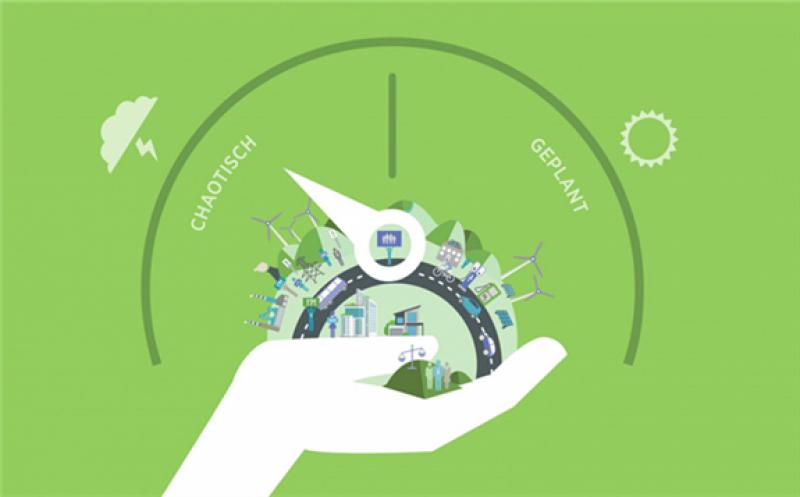The Japanese government is working on domestic guidelines for local financial institutions providing climate transition finance, as part of efforts to create an efficient environment on energy transition investment in the run-up to 2050.

The government's financial services agency, the trade industry (Meti) and environmental ministries, have jointly drafted guidelines on transition finance for Japanese financial institutions as part of the government's effort to accelerate energy transition and achieve its 2050 decarbonisation goal. The draft guidelines are targeted for official release in early May following a month-long public consultation.
Tokyo plans to set up working groups in the April 2021-March 2022 fiscal year and put together a detailed transitional roadmap for each industry that emits heavy greenhouse gases (GHG), including steel, chemical, power, gas and shipping, to decarbonise their operations towards 2050. The steel industry, Japan's biggest GHG emitting industry, has pledged to achieve a decarbonisation by 2050 in line with the government's target.
Japan's domestic guideline has been drafted in accordance with the climate transition finance handbook published in December by the International Capital Market Association (ICMA) to provide clear guidance to capital market participants when raising funds in debt markets for climate transition-related purposes. Heavy GHG-emitting manufacturers are expected to face a difficulty in utilising green financing instruments, including green bonds, which are designed to finance carbon-neutral projects. But these manufacturers can facilitate transitional loans and bonds, for example, when moving to greener operations.
Tokyo is also considering supporting energy transition in the Asian market, particularly developing and Asean nations, upon the completion of its clear guideline on transition financing. Meti plans to back exports of Japan's low-carbon technology in the power sector, including development of renewable power, and ammonia- and hydrogen-fired power capacity, as well as an LNG shift and carbon capture utilisation and storage.
Japanese shipping firm K Line last month signed the country's first transition finance agreement to partially fund the construction of the LNG-fuelled car carrier Century Highway Green. The firm's ¥5.9bn ($54mn), 14-year loan was arranged by Japanese banks Mizuho Bank and Sumitomo Mitsui Trust Bank.
Japanese debt watcher Japan Credit Rating Agency has evaluated the eligibility for transition finance in line with ICMA's guidelines, including whether the project could achieve sufficient CO2 reductions and meet the International Maritime Organization's (IMO) emissions reduction requirement for the global shipping industry. The IMO has set a 2050 target to reduce the global shipping industry's GHG emissions by 50pc and carbon intensity by 70pc from 2008 levels.
This article is reproduced at www.argusmedia.com